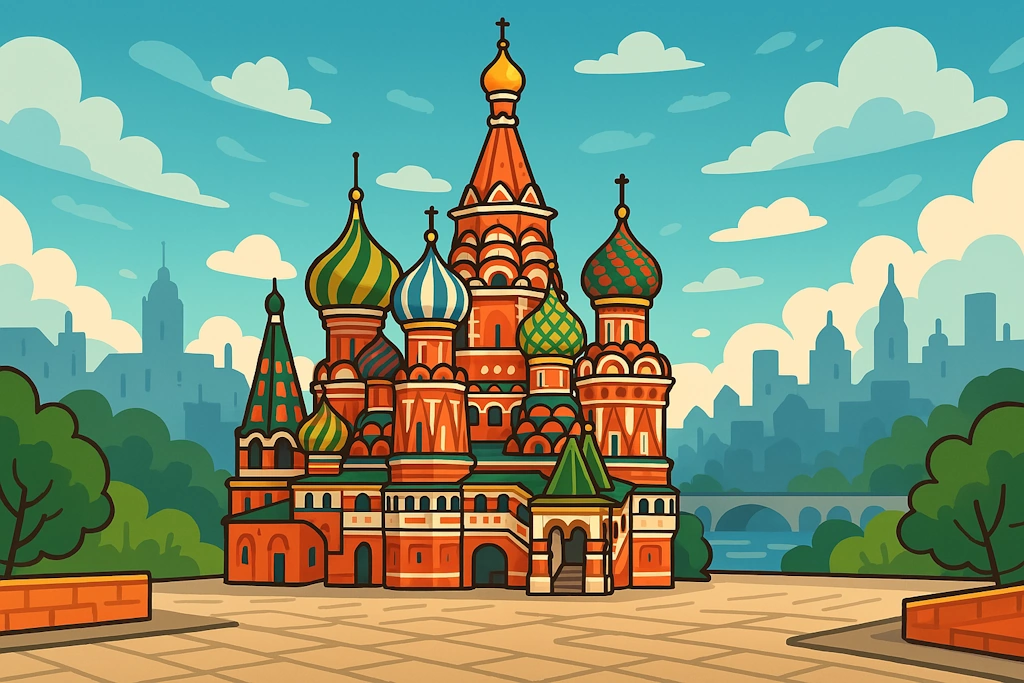🏰Russian Cities Names(Existing)
Generate authentic Russian city names reflecting vast territories, historical significance, and Slavic linguistic heritage.
Choose your style:

Russian Cities Names
Generate authentic Russian city names reflecting vast territories, historical significance, and Slavic linguistic heritage.
Example Russian Cities Names
Get inspired by these sample results
- Novgorod
- Vladimirsk
- Petrograd
- Yekaterinburg
- Krasnoyarsk
- Volgograd
- Mikhailovka
- Severomorsk
- Novosibirsk
- Belgorod

